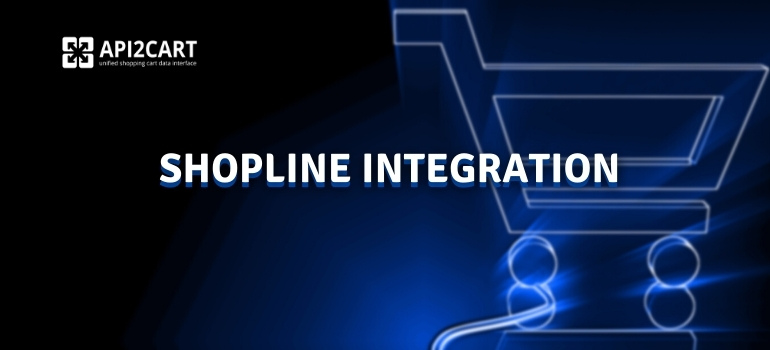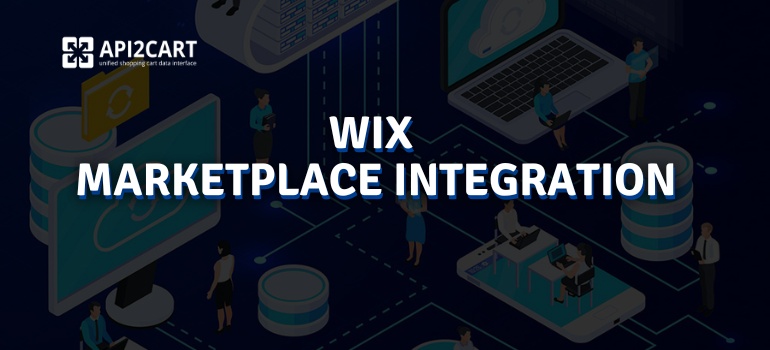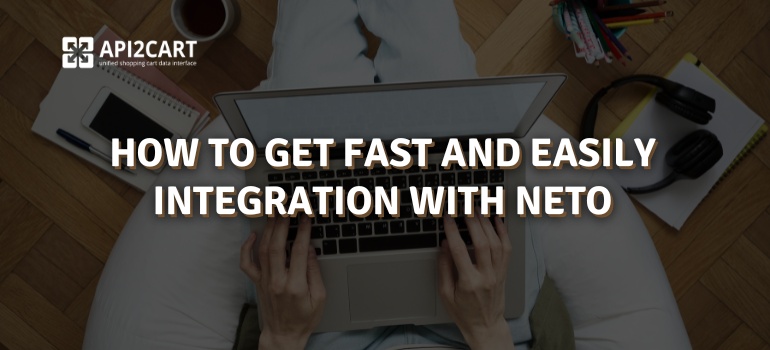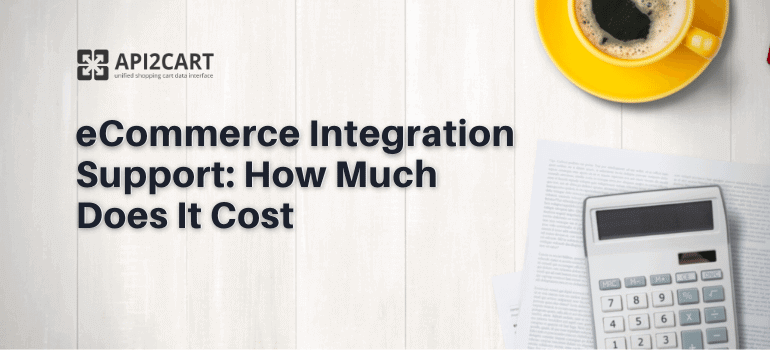
For many SaaS providers, it has become necessary to integrate with various eCommerce platforms. Competitiveness and level of convenience to the users is determined by ability to connect with various eCommerce platforms. Nonetheless, the technical obstacle to successful integration is not the only relevant issue; there is also a problem of cost. In this piece, we will view the best possible practices for SaaS solution providers to offer smooth integration with eCommerce platforms and by default maintain high service quality and efficiency.
What is eCommerce Platform Integration Development?
eCommerce platform integration development for eCommerce SaaS providers is the process of developing links between the SaaS solution and other eCommerce platforms. Through such integration, SaaS businesses can easily control the online stores of their clients’, facilitate operations and boost efficiency in general.
SaaS providers should build integrations with different eCommerce platforms, which may include Shopify, Magento, WooCommerce, BigCommerce, and many more. It makes certain that their solution is compatible with various platforms because it accommodates many users.
The use of APIs (Application Programming Interfaces) is a common means of integration with eCommerce platforms. Interactions with these APIs enable the SaaS providers to access data, for instance, product info and order info from eCommerce platforms.
What is the Cost of eCommerce Integration Support?
eCommerce integration development, as a technologically highly specialized process, brings with it not only opportunities but also high costs for ensuring its stability and security. Now, it is high time for us to explore the realm of eCommerce integration support and observe how costly this process can be for SaaS companies.
1. Resource Consumption: Costs for Qualified Specialists
Giving updates on integration is quite resource-heavy. The most costly expenditure is the payment for qualified professionals who keep the developed eCommerce integration situation under control.
For instance, the price of a work of a developer in Europe may strongly differ depending on the country itself, experience and other factors. Below is a general range of costs for developers in some European countries, but these figures can be significantly changed depending on the specific context:
- Eastern Europe (Ukraine, Poland, Romania): $20 - $50 per hour.
- Central Europe (Czech Republic, Hungary, Slovakia): $30 - $70 per hour.
- Northern Europe (Germany, Scandinavia): $50 - $120 per hour.
- Western Europe (France, Great Britain, Switzerland): $60 - $150 per hour.
The salary of developer may be around 3200-24000$ per month. So, if you want any kind of integration then it is simply a must-have to get at least one developer. Besides, eCommerce platform version updates involve the use of expert hands and incur more costs.
2. High Technological Complexity: Expensive Solutions to Problems
The complexity of eCommerce integration support often comes with unforeseen issues. Fixing these problems can require significant costs to study and implement your own solutions.
3. Losses from Untimely Updates: Unexpected Losses
Lack of integration updates can result in huge costs from potential attacks, data loss, and lost revenue from reputational and customer loyalty.
4. Time: The Financial Costs of Delays
The time required to resolve problems arising from untimely integration updates can be more expensive than the financial costs of regular updates. Every day of delay is a potential loss of revenue and customer trust.
Why is the Support of eCommerce Integrations So Necessary?
For eCommerce SaaS providers, the up-to-date support of integrations with eCommerce platforms is crucial for a number of reasons. The first is that eCommerce platforms undergo frequent feature, APIs and security protocol updates. Latest support keeps SaaS providers in tune with the changes, ensuring continued smooth integration with new eCommerce platforms. For example, WooCommerce has already launched 24 updates in 2023, and Magento has 14 updates. If we talk about such a platform as Shopify, it was updated 21 times only in October 2023.
In addition, these eCommerce platforms are regularly updated as pertains to their functionalities and security. Similarly, SaaS providers can also keep the users’ operations uninterrupted by making their platforms to be compatible with the latest versions of platforms.
Besides, the eCommerce platforms continuously seek and fix security loopholes. SaaS providers need to deploy quick security patches when integrations are updated regularly, ensuring that user data is safe and guaranteeing that their customers continue trusting them.
In addition, eCommerce platforms update their APIs through the addition of new endpoints or by transforming the data structure. In the case of highly skilled support, the SaaS provider will adjust its integrations in a timely manner so that data remains synchronous and the service is integral.
How Is It Possible to Develop and Maintain Multiple eCommerce Integrations with Minimal Expenses Involved?
The development and support of integration with at least 3 eCommerce platforms can cost you approximately 90,000$ per year if you decide to make it in-house. It is a huge cost for most eCommerce SaaS providers. You can use this TCO calculator to find out the exact sum of money you can spend on integrations.
With API2Cart eCommerce Integration is Easy
Integrate once, save 4-8 weeks and thousands of dollars on each integration.
Never worry about supporting separate connections.
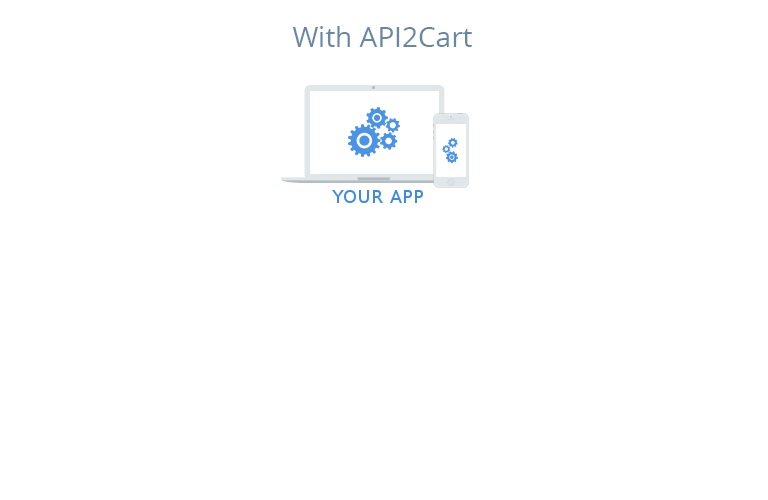
So, how is it possible to save your money? API2Cart provides a unified solution to eCommerce SaaS companies, helping them save the money required to develop and support multiple integrations with different platforms. API2Cart allows for a unified point of integration instead of building and maintaining separate integrations for every eCommerce platform. This cuts down on the development time and costs incurred in setting up and updating individual connections for each platform.
API2Cart single API allows SaaS to retrieve and manipulate data from various eCommerce platforms such as Shopify, Magento, WooCommerce, BigCommerce, etc. This eliminates the necessary investment for SaaS providers to develop and support separate APIs on all supported platforms.
Rather than being troubled with updates and changes for numerous individual integrations, SaaS providers can concentrate on maintaining the connection to API2Cart, which attends to the details of every supported platform.
Also, API2Cart centralizes data access, reducing the need for extensive infrastructure investments and enabling SaaS companies to operate more efficiently.
Using this service allows you to divide the cost of development and support of eCommerce integration by at least 10.
Book a free demo call with our manager now and start your free usage of API2Cart. Don't hesitate to reduce your eCommerce integration development and support costs.
